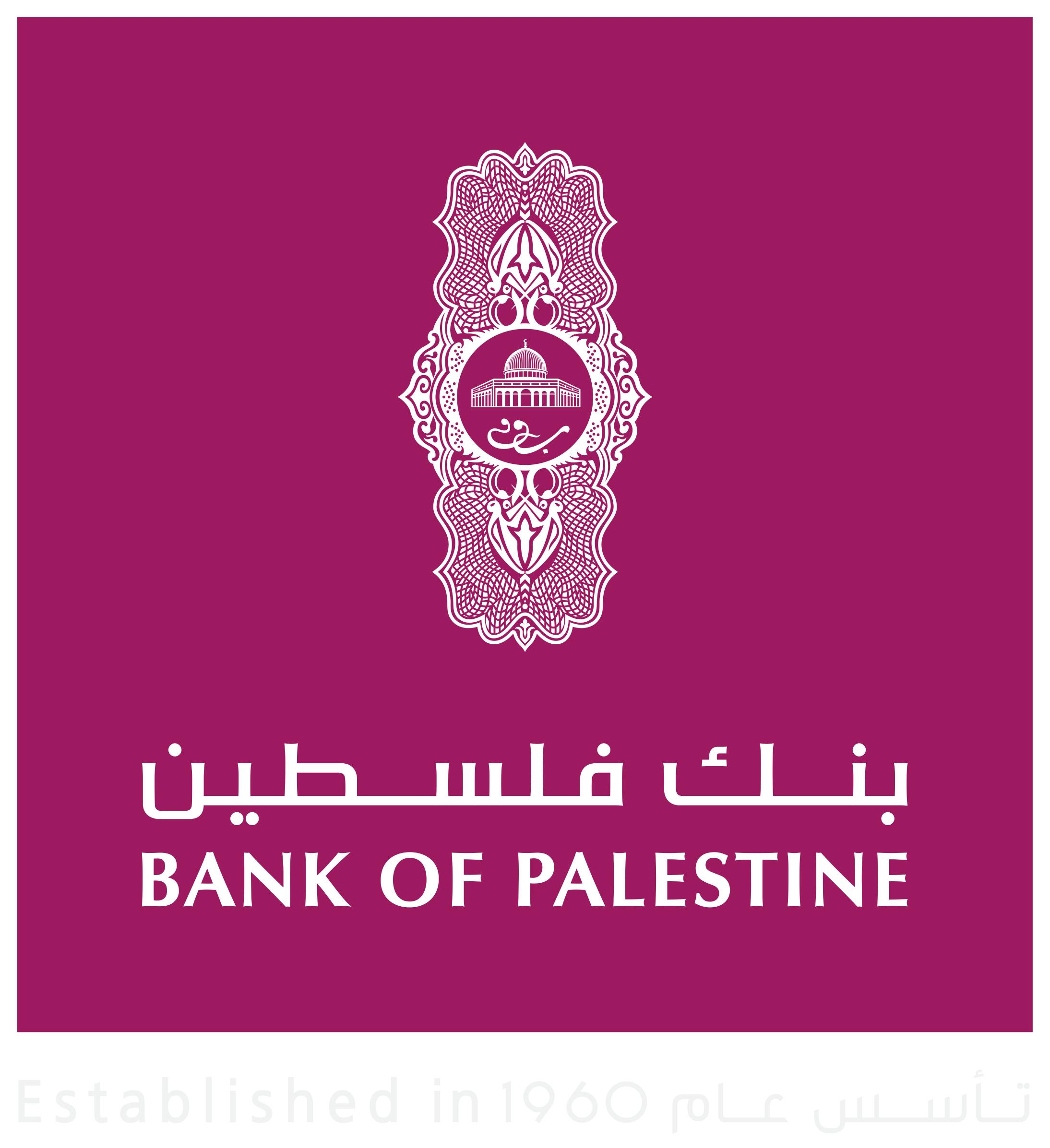
LIBOR to Secured Overnight Financing Rate (SOFR) for interbank interest rates
Introduction
The main objective of this document is to educate Bank of Palestine customers and all concerned parties about the transition from using LIBOR (interest rate index) offered between banks in London to the Secured Overnight Financing Rate - SOFR index, to achieve the same purpose.
LIBOR Definition
LIBOR is a series of benchmark interest rates that are widely used by global financial markets as indicators for measuring the interest rates for a range of bonds, loans, financial securities, deposits and other financial products, in addition to the financing of banks and other financial institutions and to meet their needs for capital.
LIBOR is calculated and published daily across five main currencies (GBP, USD, EUR, JPY and CHF) and seven maturities (overnight, one week, one, two, three, six and 12 months). The importance of the LIBOR index lies in pricing contracts for financial products, including residential mortgages, student loans, corporate loans, corporate bonds, and other securities and derivatives, taking into consideration that these financial transactions that take place all over the world are linked to LIBOR, so the transition process will affect all financial instruments.
SOFR Definition
SOFR is a measure of the cost of borrowing cash overnight collateralized by Treasury securities. The benchmark is fully transaction-based, founded on a robust underlying market, whereby the SOFR rate is calculated by organizing transaction data on overnight repo transactions collateralized by treasuries from lowest to highest on a volume-weighted basis and the rate associated with trades at the 50th percentile of dollar volume is chosen as the "published" rate. In other words, SOFR means making the rate more transparent and less open to manipulation.
The aim behind replacing the LIBOR with SOFR
Since the rates submitted by the Libor indicator are estimates, not actual transactions, central banks made the transition to SOFR that provides real rates based on daily actual transactions.
Timeline for replacing LIBOR
The transition from LIBRO to SOFR began on 31 January 2021, and accordingly, Bank of Palestine already stopped the issuance of any new contracts tied to the LIBOR, and started operating officially using the SOFR from 1 January 2022.
The effect of the transition of Bank of Palestine customers
The transition from the LIBOR to the SOFR will result in several changes, including amendments on systems, contracts and the documentation process. This will consequently affect how the interest rate and the margin of facilities granted are calculated.
Based on the aforementioned, we call upon all BoP customers who are linked to the LIBOR and with maturity periods after December 2021 to sign a legal annex related to using the SOFR index.
Disclaimer
The information enclosed in this document is for the purpose of knowledge and banking awareness for the bank’s customers only, and should not be considered a legal recommendation. Accordingly, Bank of Palestine disclaims responsibility for any direct or indirect damage or losses that may result from using the information contained in the document, both directly or indirectly, or in obtaining facilities or any banking transactions.
For more information and inquiries, please call the following toll free number: 1700 150 150